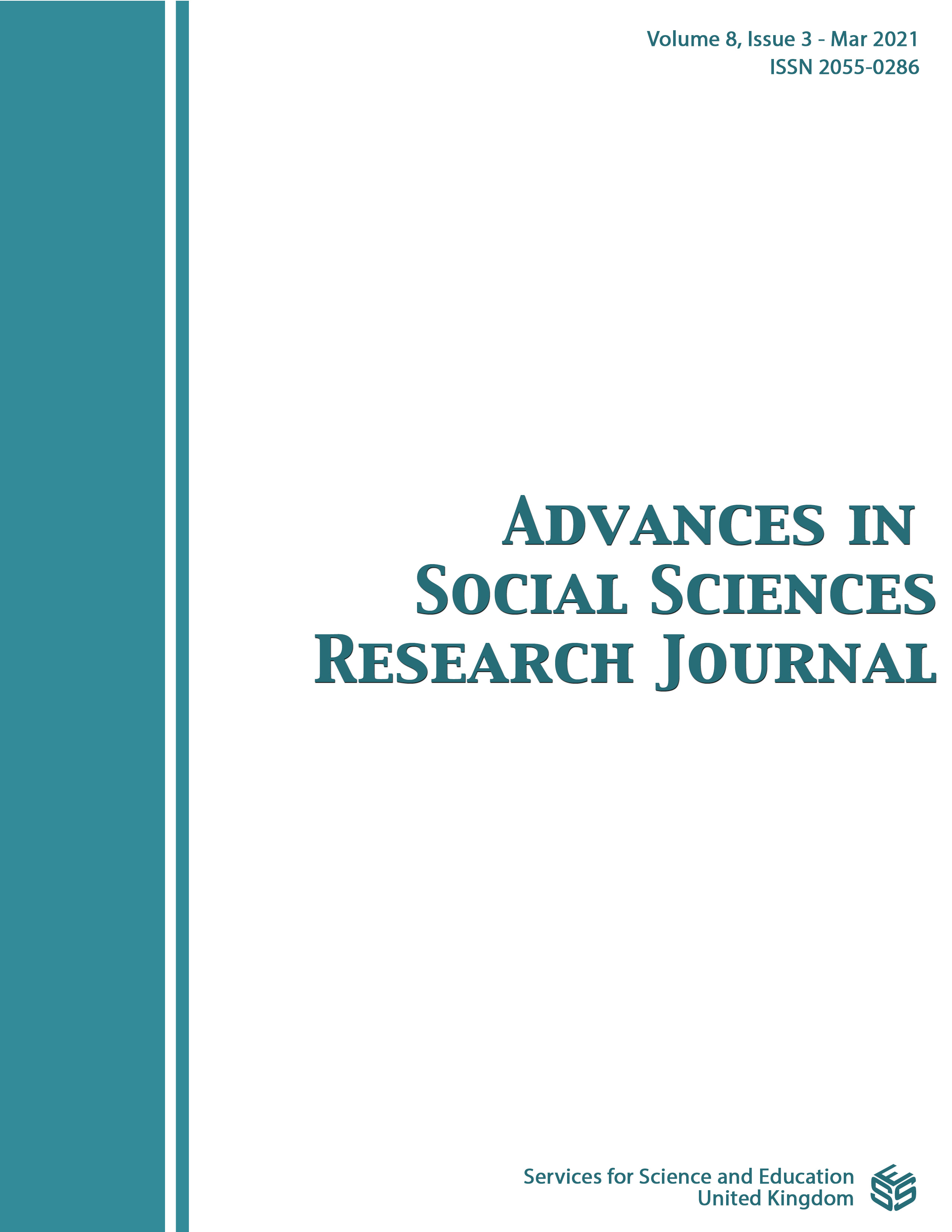Ameen F. Rihani's 'Biophilic Masculinity' in The Heart of Lebanon and The Rihani Essays
DOI:
https://doi.org/10.14738/assrj.83.9854Keywords:
biophilia, ecocriticism, ecological masculinity, Arab-American masculinity, RihaniAbstract
Now that we have reached the third millennium, an era associated with the onslaught of modernity, technology, industrialization and urbanization, it is time for our relationship with nature to undergo an ecological evolution through which a conservationist masculinity can develop. In this respect, it is particularly essential that literature provide a genuine modernized perspective, a biocentric understanding oriented towards a biophilic attachment to nature that centers on the affirmation of universal kinship based on the connection to all organic life. The cornerstone of the biophilia notion is a balanced
man-nature relationship which is still undervalued in the realm of green literature. In this perspective, it is worth highlighting Ameen Fares Rihani’s edifying contribution to the realm of deep ecology. The works of this Lebanese-American writer and thinker have not been given sufficient attention when his prosaic oeuvre effectively reflects man’s regrettable alienation from the natural environment. In a sense, Rihani’s prose with its biophilic inclination is a crucial addition to the body of works concerned with restoring the gap between nature and mankind. This paper, therefore, attempts to study Rihani's approach to living nature from the perspective of evolutionary biology by shedding light on an unexplored aspect, namely his essentially biophilic conviction evident in his landmark book Qualb Lubnan (The Heart of Lebanon) and in Ar-Rihaniyyaat (The Rihani Essays). These works will be analyzed from a literary ecocritical perspective and against ecological masculinity which is the most recent interpretive paradigm of ecocriticism. This reading will also profess that Rihani's intention is to ecologize modern masculinity, Eastern and/or Western masculine thought, through re-designing an alternative future, a deep green future founded upon the biophilia hypothesis.
Downloads
Published
How to Cite
Issue
Section
License
Authors wishing to include figures, tables, or text passages that have already been published elsewhere are required to obtain permission from the copyright owner(s) for both the print and online format and to include evidence that such permission has been granted when submitting their papers. Any material received without such evidence will be assumed to originate from the authors.






